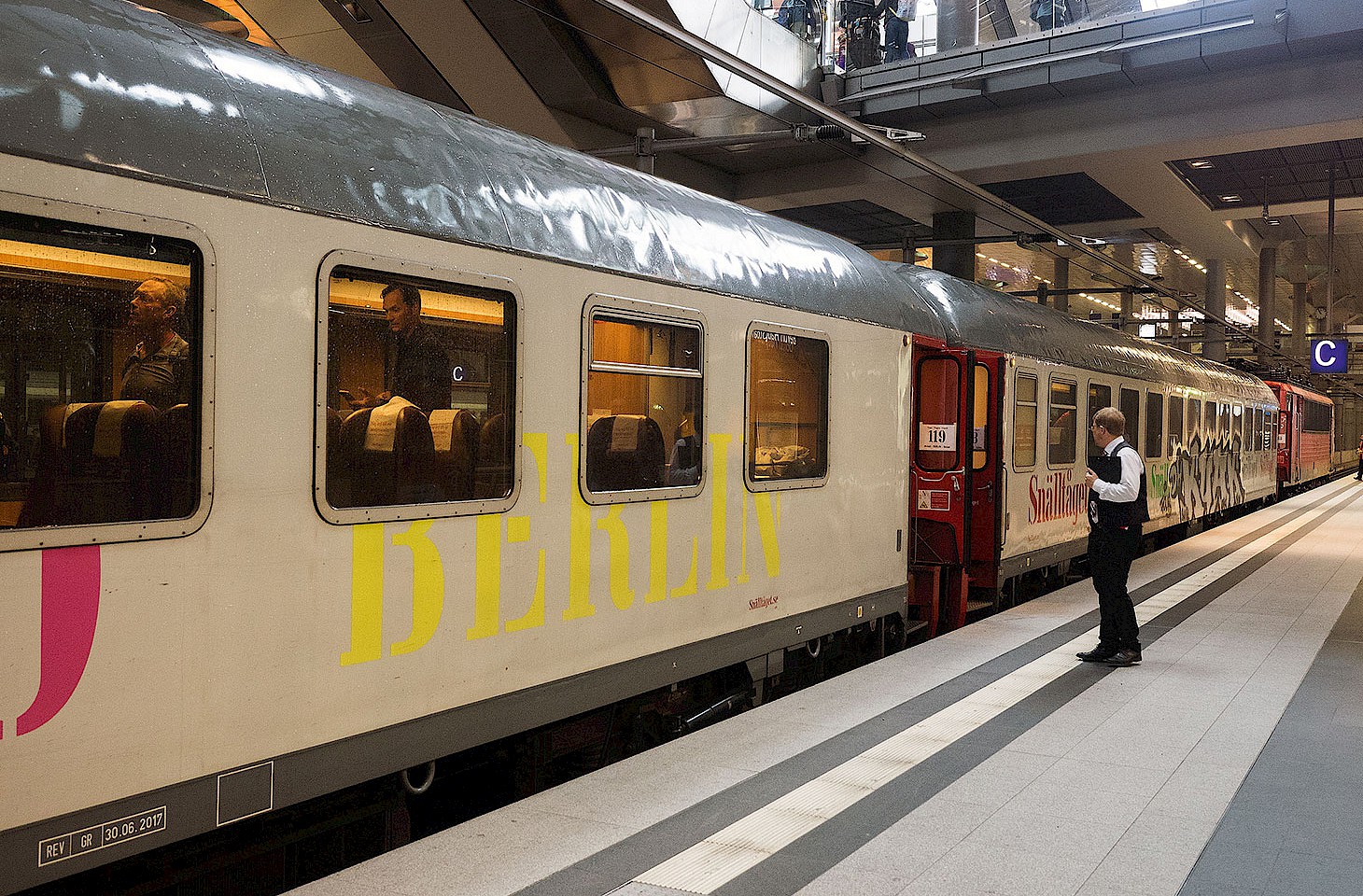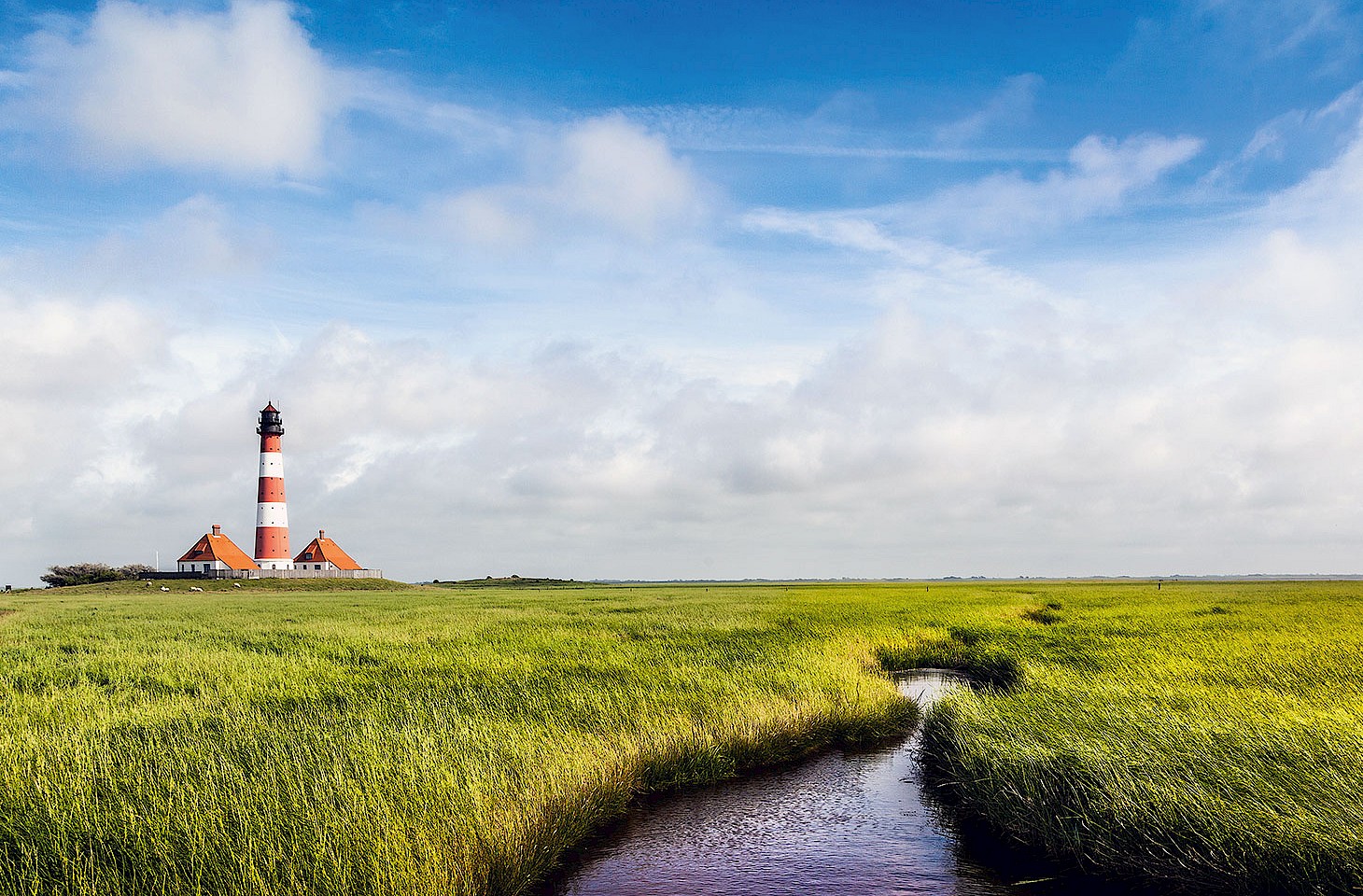Dear fellow travellers
Snow falls over all the city, covering the cobbles and the pathways. In the gentle stretch of parkland that lines the valley of the Ilm, snow drapes the follies and the ruins. In the middle of Weimar, statues of stern men are laced with light snow. A tricorne for Goethe, an icicle for Schiller.
Thank goodness for the snow. It helps reclaim Weimar. The snow mocks the signs in the park demanding that visitors refrain from walking on the grass. Today we are free. Grass and footpaths fuse under a soft white blanket. Today we can stroll with impunity through new territory, daring to set foot in places we normally might not tread.
Today we can laugh at the luminaries. There is a comic smudge of snow on Bach's nose. Franz Liszt drips in an undignified manner. Snow falls gently on the living who slip and slide through the market square, keen to take shelter from the weather. Snows falls gently on the graves around the Russian Orthodox church.
"A touch of Russia," murmur the spirits of the dead. And here, indeed, there is a fragment of Mother Russia, for the earth on which the church stands was transported all the way to Weimar from Saint Petersburg.
On days like this, new spirits emerge from the shadows of Weimar. The statues of stern men hold no sway in empty streetscapes. So others can claim the city unto themselves. Today is a day to remember the women who have added a little colour to Weimar life. It is a day to huddle on the red couches in the Resi café and enjoy coffee and cake, just as a young Marlene Dietrich did when she studied music in Weimar.
The male luminaries are many, but the Weimar story makes little space for women - like writers Gabriele Reuter and Jutta Hecker. Women only get a mention if they have grand titles (like Princess Anna Amalia) or through their connections with illustrious Weimar men (such as Charlotte von Stein on account of her friendship with Goethe). Few visitors to Weimar hear of Gisela Kraft, the socialist poet who remarkably moved from the capitalist comforts of West Berlin to discover another kind of Germany in the east. She settled in Weimar and, apart from her own writing, is remembered for introducing German readers to Turkish writer Nâzim Hikmet through her translations of his work into German.
So let's step out today and smile at Schiller's icicles. And have, just for once, a day without Goethe. Let's trample in the places we'd normally dare not step. Let's make space for the other half of Weimar. For the cultural heart of Germany (as the region styles itself in the tourist brochures) has only half a heart if it makes no space for women.
Let's start with coffee and cake in the Resi, for that's the place where Weimar folk have long gathered. And then let's discover the other half of Weimar.
Nicky Gardner and Susanne Kries
(editors, hidden europe magazine)




